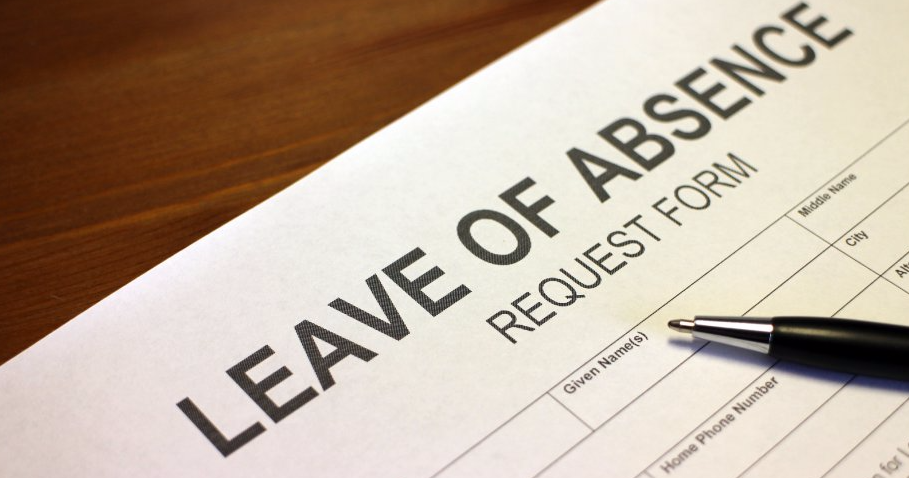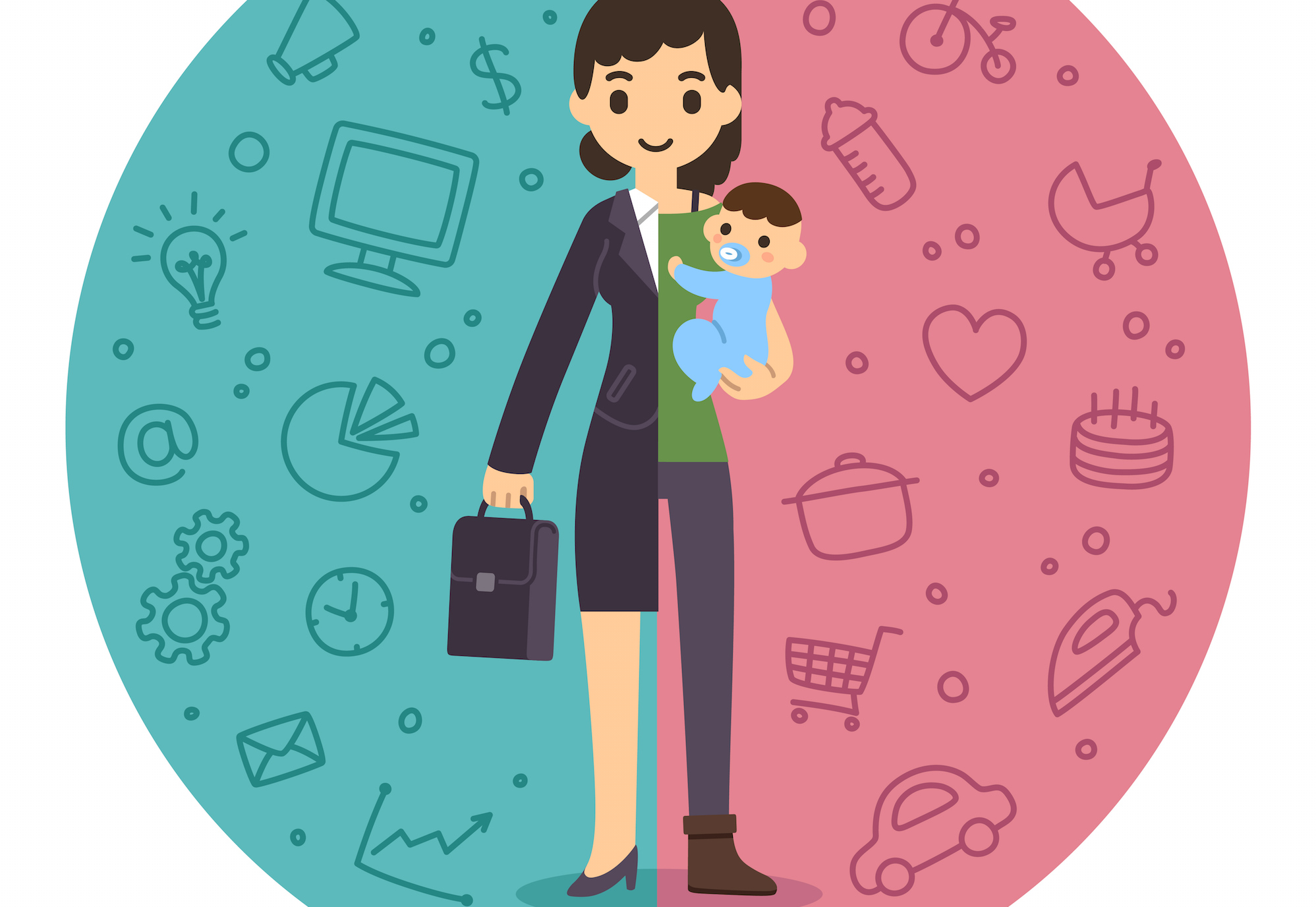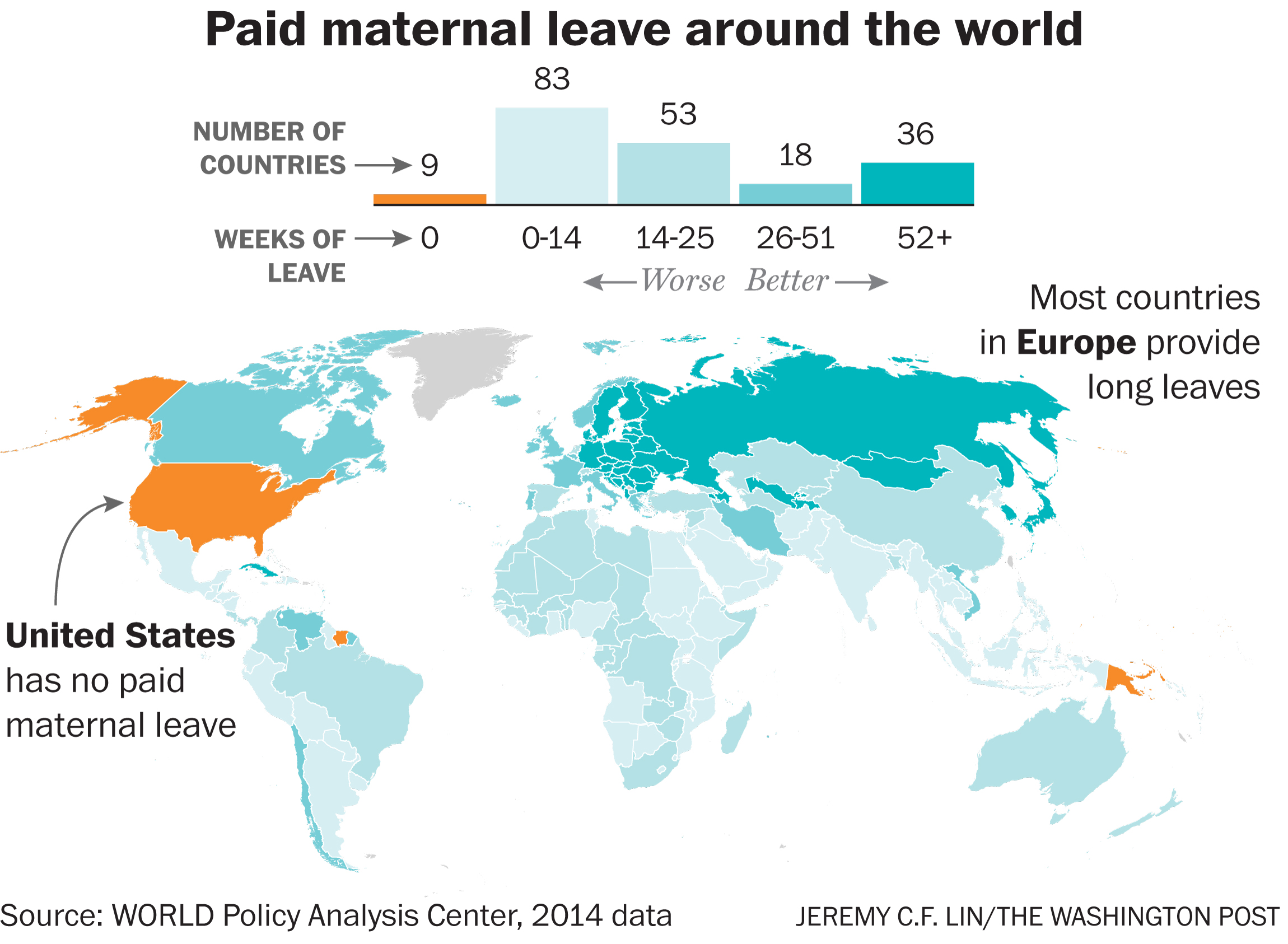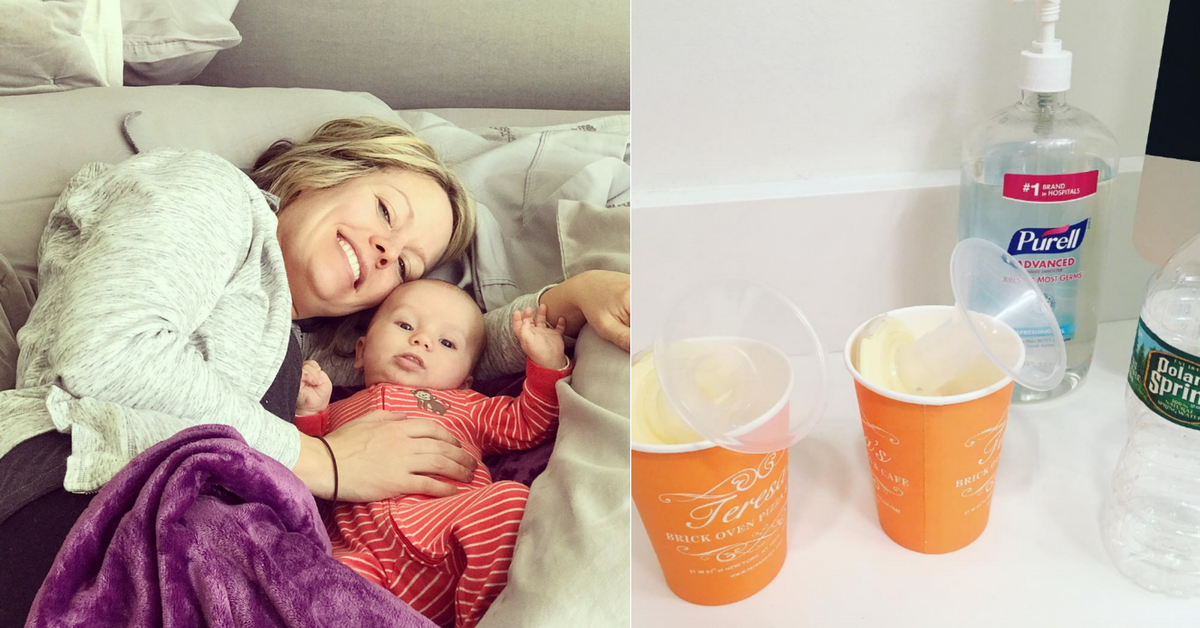Imagine being able to be off with your newborn baby for a year and a half. Unless you weren't planning to return to the job you had before you gave birth, it wasn't an option for most new parents. Now, with the 2017 Canadian Federal Budget it is something you can do, should you want to.
The Canadian Government permits new mothers to take between 17-52 weeks of leave from their jobs, and their employers are required to accept the employees back to the same or equivalent work at the end of the leave, at the same pay and employment benefits.
As of right now, parents are entitled up to 52 weeks at 55% of their salary up to a maximum of $543 per week. With the new budget introduced, parents could choose to stay home for up to 18 months, but at a reduced benefit of 33% of their average weekly earnings.
Mothers will also be able to start claiming maternity benefits up to 12 weeks before their due date, an increase from the current 8 weeks.
Being able to stay home longer will help some parents, but others may find it too tight financially. With the smaller allotment of benefit it may make it harder to pay the bills.
Here's one mother's take on the change:
In the United States, time off after having a baby is far different. The Federal Family and Medical Leave Act that was signed into law in 1993 requires employers to provided up to 12 weeks of unpaid leave.
Not only does a mother need time to recover after giving birth, families need time to adjust to new routines and sleep patterns (or lack there of). Mothers rushing back to their jobs because the family cannot afford to lose the paycheck is detrimental to both the family and work life.
In a 2012 study conducted by the Department of Labor, found that 23% of women who had left work to care for an infant took less than 2 weeks off, which increases health risks for both mothers and children.
The United States is among only 9 countries in the world including Papua New Guinea and Tonga to not have any maternity leave.
Some companies like Netflix are taking the issue of parental leave into their own hands, offering their employees benefits after their new addition.
In stark comparison 32 counties in Europe provide the most generous paid leave for women. Russia offers women 140 days of paid maternity leave at 100% of their salary.
What do you think of the new legislation? Would you take advantage of an 18 month maternity leave?




